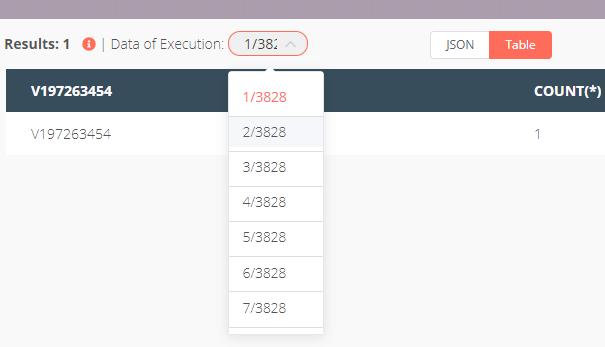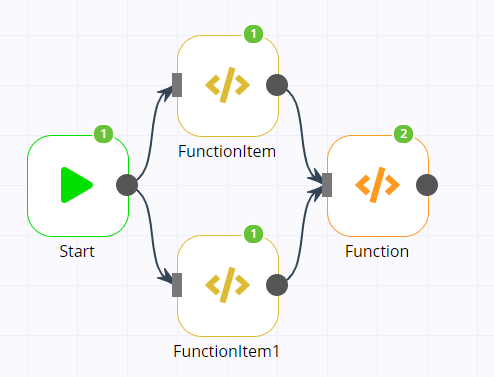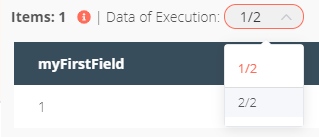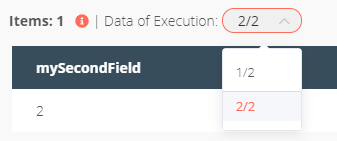Hi, how i can put all Date from many Executions in one dataset or put it in one table ?

Thanks,
Stefan
Hi, how i can put all Date from many Executions in one dataset or put it in one table ?

Thanks,
Stefan
Here an example workflow:
Jan, your sample dont work. I would be have a list on output of all executions together.
Thanks again,
Stefan
Sorry do not understand what you mean. Can you please rephrase.
Jan, i would like to have the data from each execution togehter in one list to use it further or send it to a sheet.
Ok then that is what my example does. What does not work for you?
Hi. I know it’s been awhile for this certain question, but i think @Stefan is talking about how to get each data on each data execution. @jan’s sample workflow works perfectly but only for a single execution and it is not getting the the other executions. perhaps it is what he is asking, for i can’t make it work as well, getting other executions data.
Hey @gnik31!
Can you share some more details? Feel free to share your workflow as well ![]()
Hi @harshil1712. This is the sample workflow which will endup running the final function node to have more than 1 execution. Basically, I want to extract both executions data on a single group or array or object.
This is how the entire sample would look like and the goal is to get both values



I know that this sounds like a perfect thing for the Merge Node, but on my experience merge node would fail or get stuck in the absence of the other input, and I think this one we’re asking could be a possible solution ![]()
Thank you for providing the information. To make sure that I understood it better, you want to combine the data for different executions. You don’t want to merge the data of different nodes, right?
Yes exactly @harshil1712, well actually, its a bit of both since what makes the Function Node to have 2 different executions is because two different Function Item Nodes were linked to it.
Ah OK, in this case you still want to use a Merge-Node to make sure that both nodes execute before you hit the Function-Node (would not be needed in this case but in more complex cases). Then you can use code like this:
return [
...$items('FunctionItem'),
...$items('FunctionItem1'),
];
The full workflow:
Got it working. Thanks! @jan